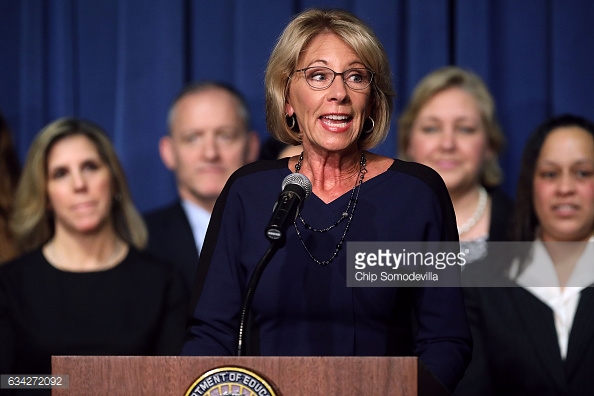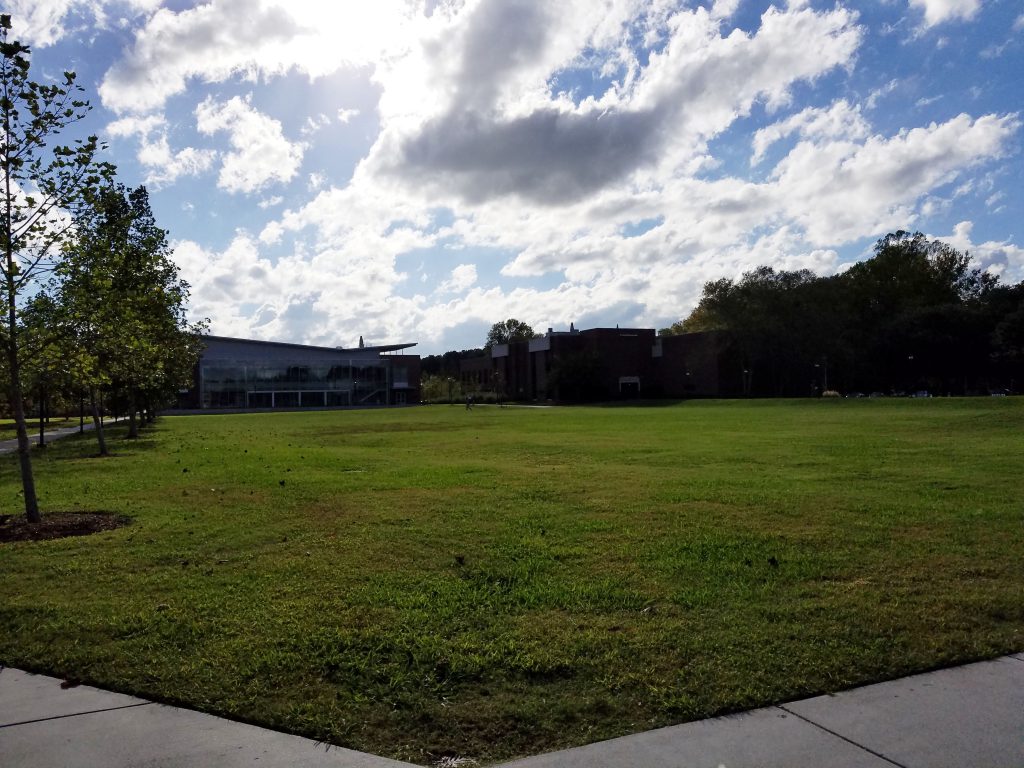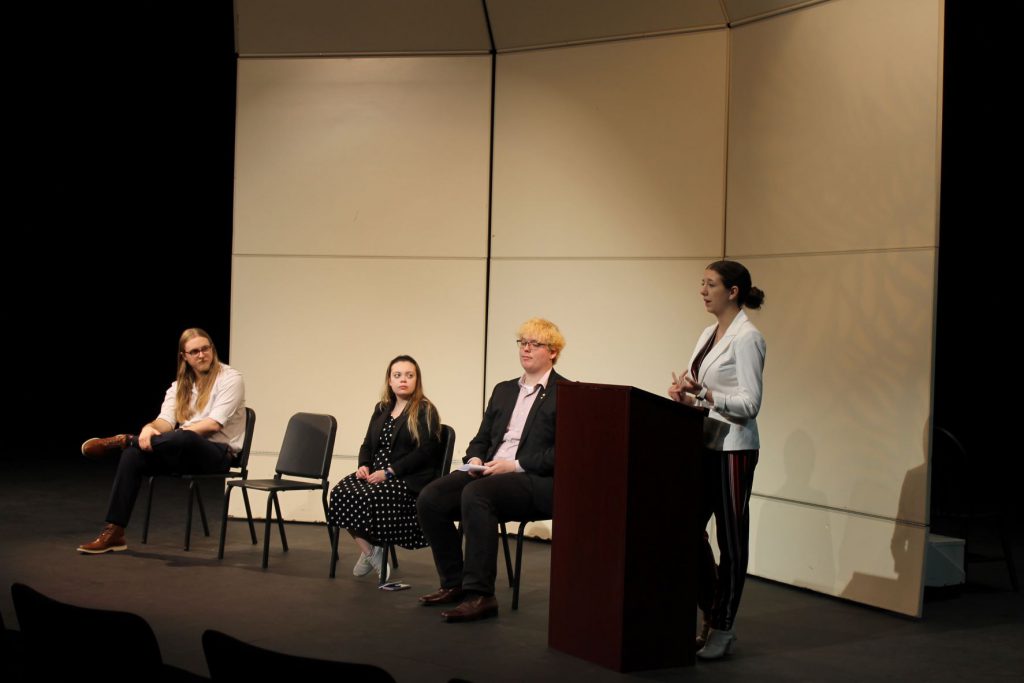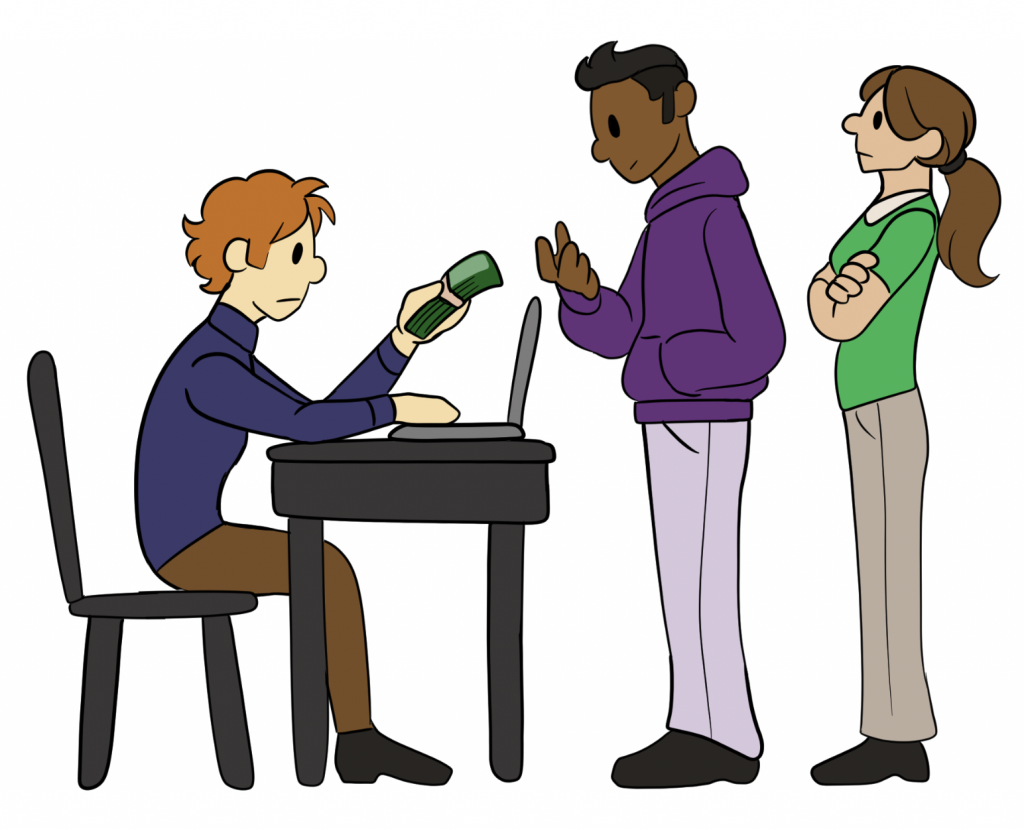Secretary of Education Betsy DeVos drew criticism for comments she made on Feb. 27 after she and President Trump met with leaders of historically black colleges and universities (HBCUs) at the White House. After the meeting, she lauded the leaders as “pioneers” of choice in a statement released by the Department of Education.
“HBCUs are real pioneers when it comes to school choice,” Devos’s statement reads. “They are living proof that when more options are provided to students, they are afforded greater access and greater quality. Their success has shown that more options help students flourish.”
Swift backlash followed as people took to social media to point out the problems with the phrasing of the press release.
Among the responses was the fact that HBCUs emerged to give African Americans an option for higher education, previously denied to them due to the institutionalized racism prevalent in the U.S at the time. HBCUs weren’t “a” choice, they were the only choice.
Amber Morris, a senior and president of the Black Student Union (BSU), saw videos of the comments later on.
“I kinda laughed to myself,” Morris said. “You can’t tell a story like that without including the racism and the segregation that was at hand.”
Morris expressed concerns about the credibility of DeVos’ comments.
“To speak on something and twist it to support your views, I mean you’re wrong, you’re completely wrong. It takes away from their experience, takes away from the whole point of HBCUs and their significance,” Morris said.
Senior Isis Percell called DeVos and her qualifications “laughable.”
“Her comments, they are frightening, frankly,” Percell said.
Percell also called the comments “off-base,” “off-kilter” and “groundless.”
“When you don’t fundamentally understand the origins of a thing, you can squash the progress of [it] very easily,” Percell said. “Being at a PWI [predominately white institution], it makes me appreciate—not that I don’t love my school—but it makes me appreciate HBCUs that much more.”
PWI is an acronym for a predominantly white institution, which is any college, university or institute of higher education whose population is over 50% Caucasian, or which wasn’t labeled an HBCU roughly before 1964.
The comments and DeVos’ perceived ignorance on the subject once again caused critics to call into question her qualifications as Secretary of Education.
“DeVos has absolutely no knowledge of the education system in America of any form and she just seems to be a puppet,” freshman Shelby Wright said.
Azania Inman, also a freshman, completely agreed.
“I think that she is not a smart woman and that she should not be allowed on social media or any other public platform without doing her research properly,” Inman said.
DeVos later took to Twitter to respond to the backlash and try to apologize for her wording.
“#HBCUs are such an important piece of the fabric of American history—one that encompasses some of our nation’s greatest citizens,” Devos tweeted on Feb. 28. “But your history was born not out of mere choice, but out of necessity, in the face of racism, and in the aftermath of the Civil War.”
Virginia Wesleyan College has not publicly commented on the controversy surrounding DeVos or recent events surrounding the President’s Cabinet picks but continues to foster open dialogue and value diversity in its students and faculty.
Though chartered and opened to students in the 1960s, a time filled with massive resistance efforts to the desegregation of schools, the college has no public records of ever being segregated or resisting integration efforts.
“Virginia Wesleyan actively seeks to enroll a diverse student body. The minority population has increased at VWC over the last few years to approximately 40 percent. VWC also enrolls international students from a variety of countries such as Russia, Bulgaria, Trinidad, Korea, Germany, Colombia and Turkey. These students enrich the cultural landscape of our campus through sharing their own heritage and traditions,” the school website states.
This percentage is verified by several other websites such as collegefactual.com and niche.com. Not including Caucasian students (who make up 56 percent of the population) and students of unknown origin (who make up 4 percent), the diversity rates break down as follows: 23 percent African American, 7 percent Hispanic, 6 percent multiracial, 2 percent International (non-resident aliens), 1 percent Asian, 1 percent Native American and less than 1 percent Pacific Islander.
There are currently six HBCUs in Virginia: Hampton University, Norfolk State University, Virginia State University, Virginia Union University, Virginia University of Lynchburg and Saint Paul’s College.
Mickella Rast
mjrast@vwc.edu



